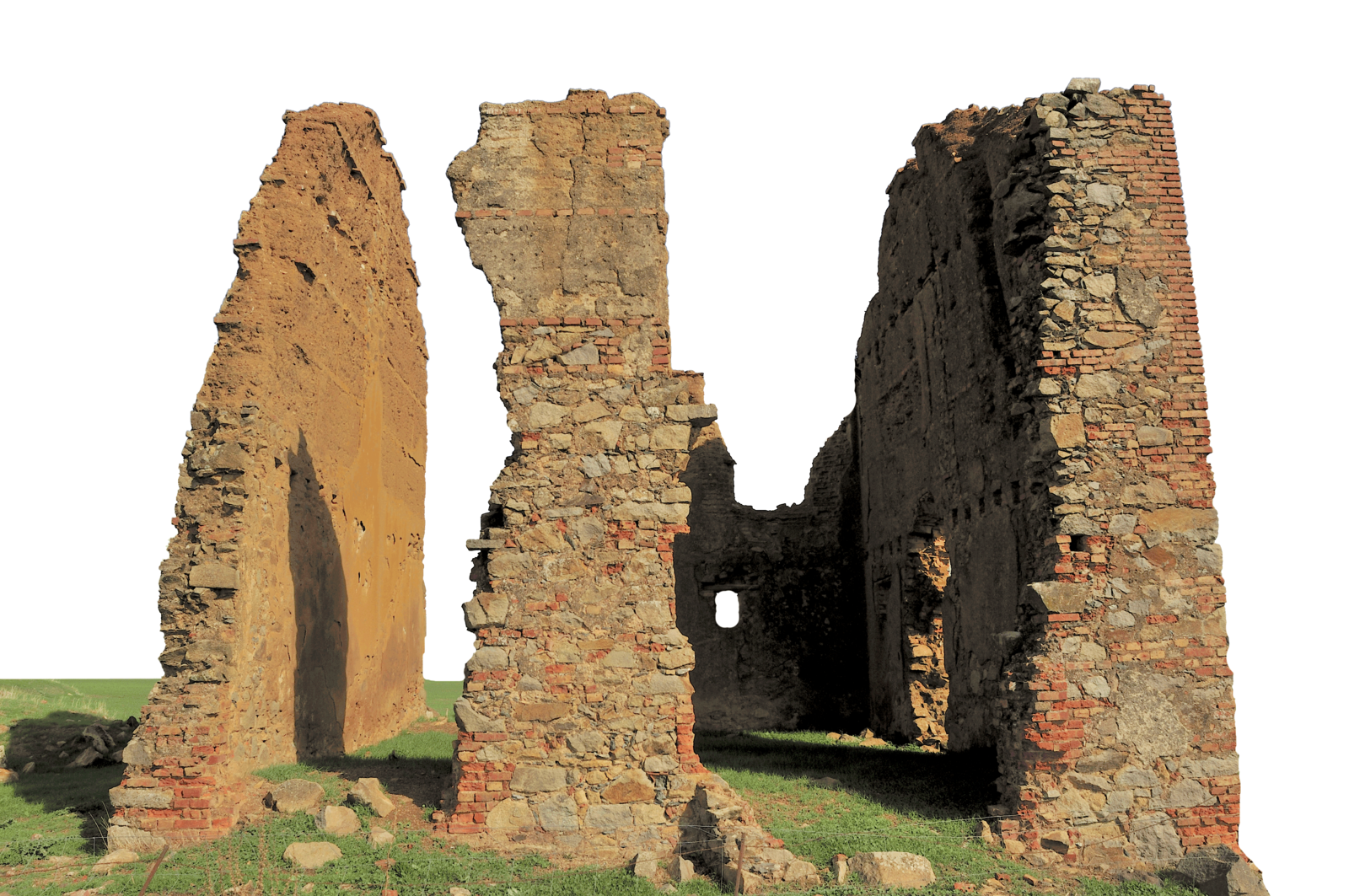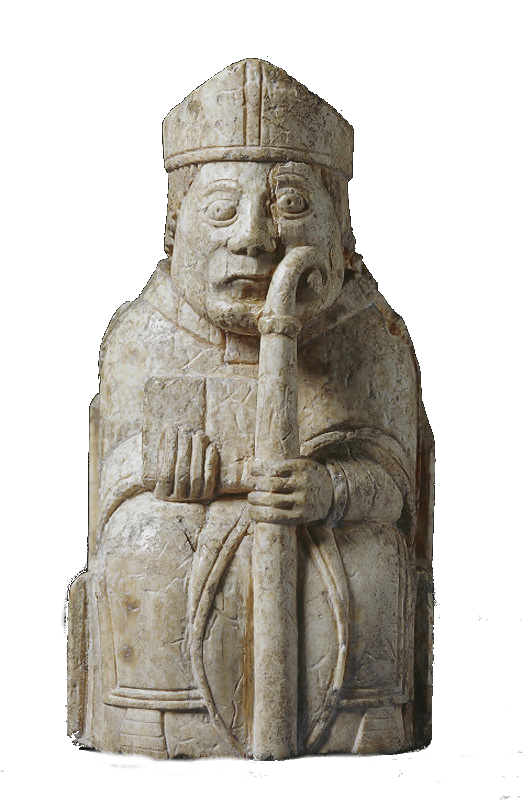Eventually, they became confident that they were working with new material from two fragmentary Euripides plays, Polyidus and Ino. Twenty-two of the lines were previously known in slightly varied versions, but “80 percent was brand-new stuff,” Gibert says.
This cleared up my first thought: how can you tell the lost writings of Euripides from the lost writings of Sophocles (or from the writings of playwrights that haven't survived at all). I mean, unless these are sizeable fragments, it might not be easy to tell even Aeschylus from Euripides



